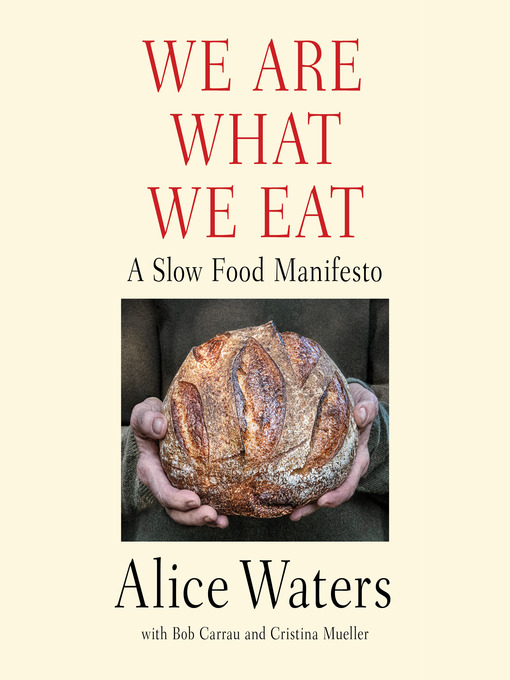- Available now
- New eBook additions
- New kids additions
- New teen additions
- Most popular
- Try something different
- Holiday Romance
- Historical Romance
- Family Drama
- See all
- Available now
- New audiobook additions
- New kids additions
- New teen additions
- Most popular
- Try something different
- See all


